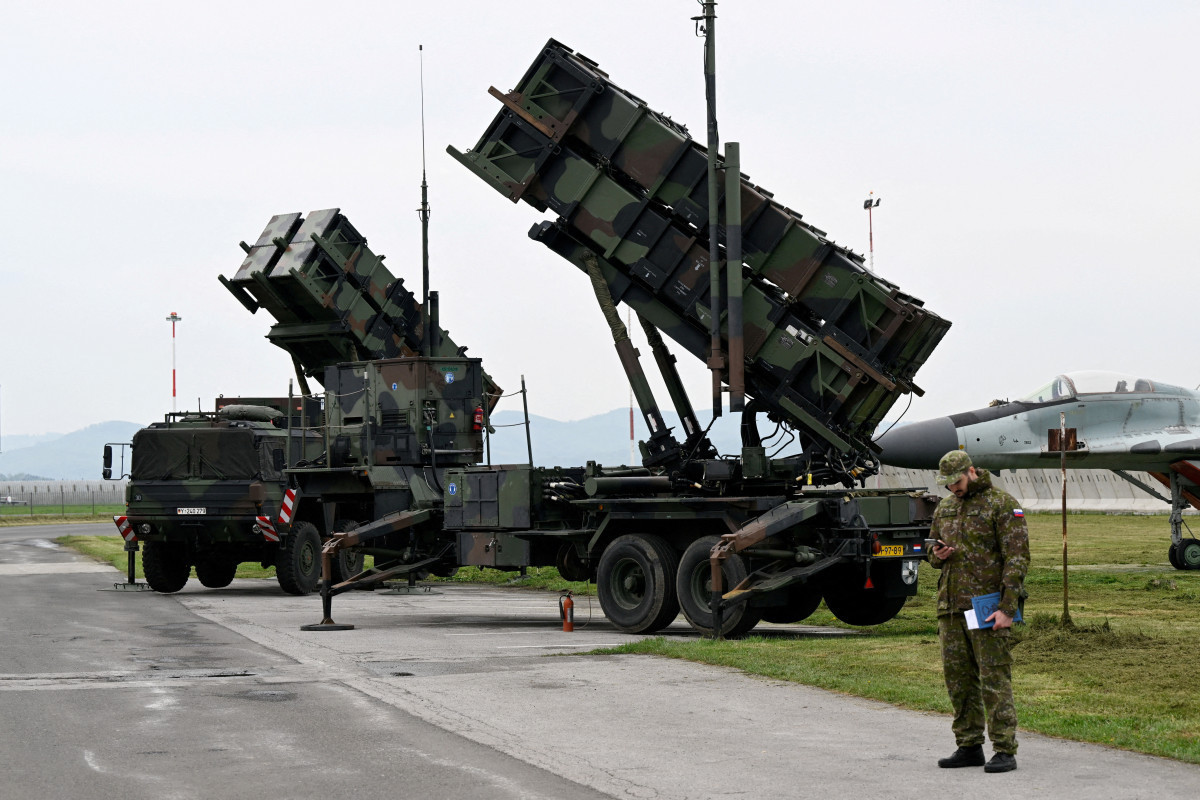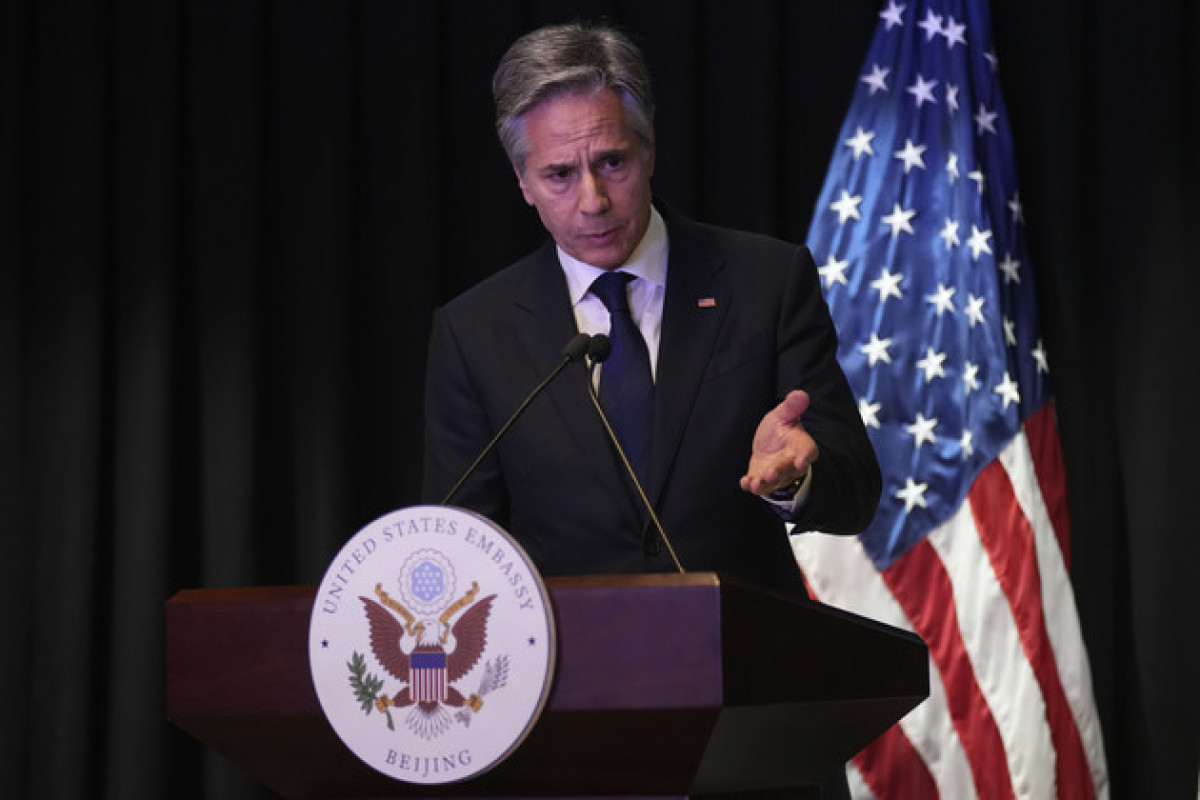"Indeed, the reality is that any prospective military option, if called for, will be more effective under this deal -- not less,” Carter wrote in an opinion piece published Friday in the USA Today newspaper.
However, the Pentagon chief defended the nuclear deal and urged Congress to support it, arguing it would lead to a more durable outcome.
Carter acknowledged that a US military strike on Iran’s nuclear energy facilities will have severe consequences for Washington.
“While I am responsible for that alternative and know that it would be effective at setting back Iran’s nuclear program, it would do so with potentially serious second- and third-order repercussions,” he said.
Congress will vote this month on the Joint Comprehensive Plan of Action (JCPOA) reached between Iran and the P5+1 group -- the United States, Britain, France, China, Russia and Germany – in Vienna on July 14.
The White House has secured more than 34 votes that President Barack Obama needs to sustain a veto of any congressional resolution rejecting the Iran agreement.
Democratic Senators Cory Booker of New Jersey, Mark Warner of Virginia, and Heidi Heitkamp of North Dakota announced their support for the nuclear accord on Thursday.
Their announcements came a day after Senator Barbara Mikulski of Maryland became the 34th Senate Democrat to come out in favor of the deal.
Democrats hope they will get 41 votes needed to block a final vote on the resolution of disapproval in the Senate, saving Obama from exercising his veto power.
Secretary of State John Kerry strongly defended the nuclear accord after the administration won enough Democratic support to preserve the deal in Congress.
"President Obama and I are convinced beyond any reasonable doubt that the framework that we have put forward will get the job done," he said during a speech at the National Constitution Center in Philadelphia on Wednesday.






